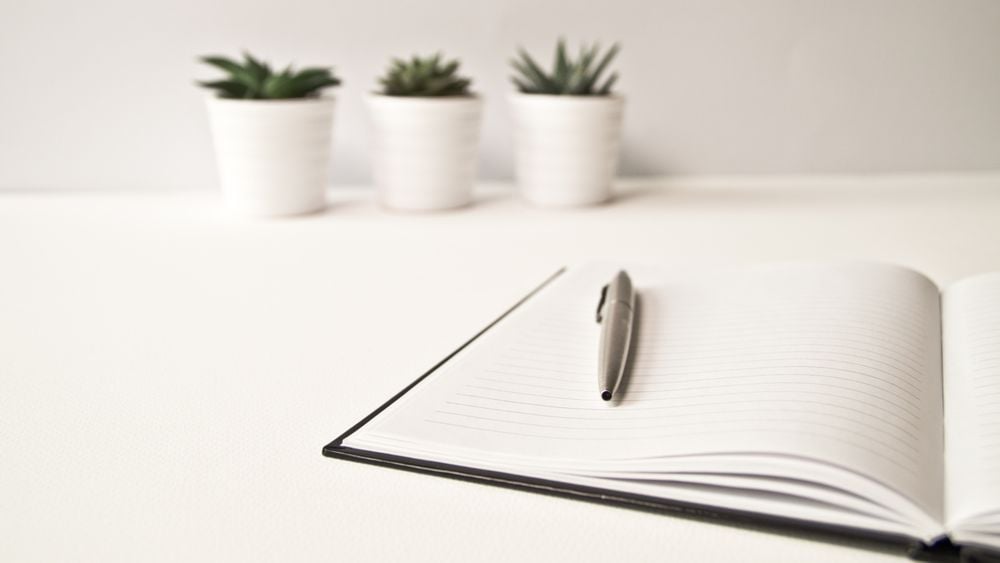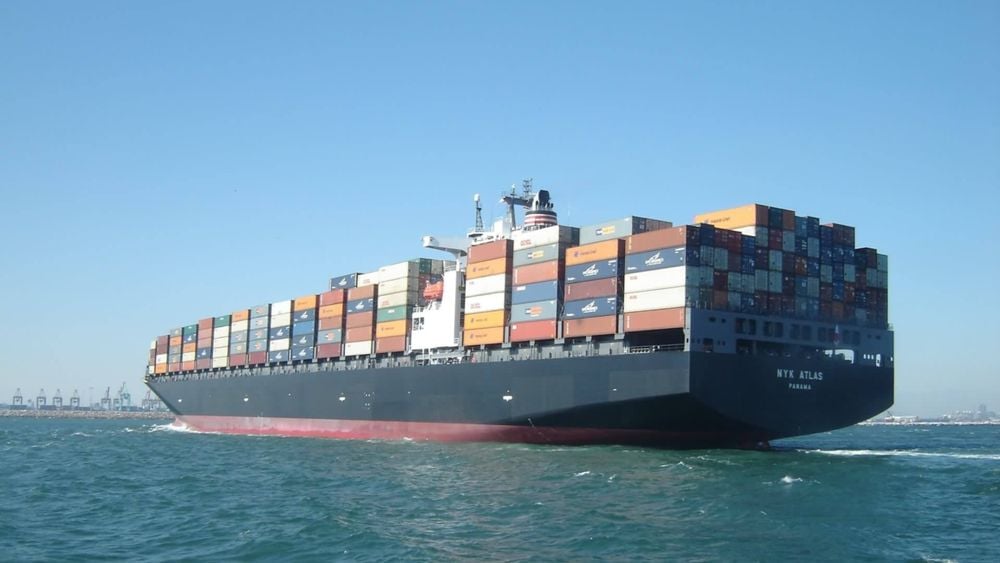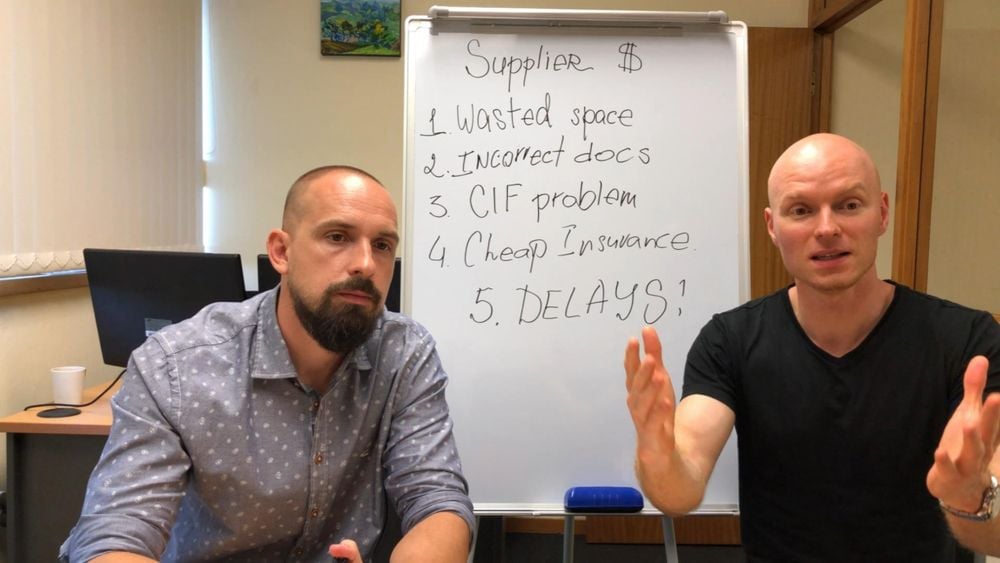
Importing Goods to NZ? 4 Ways an Overseas Supplier Will Cost You
11-minute read (28-minute watch)
Max: Were talking about importing goods to New Zealand, and four ways the supplier will cost you extra money that you didn’t budget for.
#1 YOU RECEIVE LESS THAN EXPECTED
The first way that you can lose money is, surprisingly, some New Zealand importers can receive half-full containers.
And it happened this week to two of our clients, where they purchased a full container, a full 20-foot container of goods, and surprisingly it turned up only half full. Can you imagine that?
Watch full YouTube episode below
Alex: But how did it happen? I mean, it’s pretty obvious that it’s going to cost you a lot of money.
Max: There are a couple of ways that it could happen.
Sometimes the supplier can rush in, and because they’ve got so many orders in from different countries, so they have to just fill it up quickly with whatever they can. They just don’t take any responsibility, and they sometimes don’t even care how it’s going to turn up in New Zealand, unfortunately for you.
But now, hopefully, you will do something to avoid it. So, what can they do to avoid it, Alex?
Alex: And you think that you know what you’re doing, and you might be doing that for a while, and then that thing happens to you, and you open your second, third, fourth container in New Zealand, and here you go. Right?
Our thoughts on what can be done differently, in this case, would ask your supplier to send you some pictures just before they close the door, they seal the container. Ask them to double check the measurements or double check them yourself if you know how many cubic meters you can fit in a 20 foot.
Max: You can fit on average about 25 to 28 cubic meters of stuff.
Alex: If it turns out to be only 15 cubic meters, you know something dodgy is happening, because there’s going to be space in the container. You probably might not need a full container.
You can see the pictures straight away. You can call your supplier when they’re doing it, right?
Max: And the way you lose money, because that space, that additional 10 cubic meters you could have used for additional supply, you could have a second supply filling up.
Or you could have increased your current order from the same supplier, and pretty much receive extra goods, and pay little or no freight, because you pay a fixed amount for a 20-foot container or a 40-foot container. 
Max: So … The first mistake and the first way that an overseas supplier will cost you is that they send less of what you expect. You may get the same amount of goods that you purchased.
So, if you purchase 1000 of units, you will get 1000 of units, but the supplier sometimes doesn’t know the volume of these units. So, they just send it to you, and they don’t care whether it’s a full container, 1/3 a container, 2/3 a container.
#2 WRONG IMPORT DOCUMENTS
Alex: The second way, which we wanted to attract your attention for, is incorrect documentation, and me being a customs broker, is very familiar, and it’s the thing which happens over, and over again.
When we take a client on board, some of the transport or shipping documents will be done incorrectly or will be missing. And you probably want to ask me, “What kind of documents?”
And the most common missing document is called quarantine declaration. It’s a very simple document, which you can source from internet, or any freight forwarding or customs brokerage company, and it just says that the container is clean and free of soil or dirt, and the packaging used for the goods is approved for transportation and safe for the environment. It’s called ISPM 15, which is the world standard for wooden packaging.
It just will cost you extra money, because, without the document signed by your supplier, you won’t be able to claim that it’s clean.
Then it means that MPI, Ministry of Primary Industries, will have to physically go and check the outside of the container and inside of the container to see if the packaging is stamped with the proper accreditation.
And that’s hundreds of dollars, and that’s only one simple document, which takes two minutes to fill out.
Max: Another common mistake that I see on a regular basis is when you’ve got the bill of lading consigned to the director, or the shareholder, or any member of the importing company.
Which kind of makes sense. That you bought the goods, you as a person paid for the goods, but from the New Zealand customs point of view, the entity who is importing the goods is the actual company. So, you want to make sure that all the documents match with the commercial invoice, and displays the correct company name.
Alex: To be fair, it could be an individual on the documents, because sometimes it’s not the company which buys the goods, but it’s you as a person, and that’s fine, and customs is fine with it, but all of the documents must match.
So, if there’s a consignee who says Mr. XYZ or Mrs. XYZ, then your invoice must also have Mr. or Mrs. XYZ. Or if it’s ABC Limited, your invoice, and all of the documents, supporting documents, permits, and certificates of origins, they also need to have that company.
And you want to stress to your supplier that you want to check all of the documents before they go to New Zealand, because it might be too late, and you will have to pay fees to change the documents sometimes.

Max: And if you enjoy the content, please share it with your friends, and make sure you subscribe to our YouTube channel and stay tuned, because we do awesome videos every week, and we’re going to make sure you save money, don’t make these mistakes.
#3 CONFUSING SHIPPING TERMS
So the third very popular mistake that we see is done… it’s called CIF, which means the freight. It’s been in the news. All over the news. It was reviewed by the commerce commission because the extra costs could be huge . Sometimes you could pay $1000 or $1500 on top of what you paid to your overseas supplier.
And what I’m talking about is that when you pay to your overseas supplier, and it has three letters, C-I-F, which means Cost Insurance Freight, you would think that all that has been paid, and you just receive the goods at your doorstep, but, in fact, it is not.
It’s mostly applicable to first-time, importers because they’ve never done it before, and how would they know what’s the difference between CIF or FOB .
Three days before your cargo arrives in New Zealand you will get a phone call from a shipping company, and they will nicely ask you to pay the additional fee. It depends on the size of your goods. It could be $500.00. If it’s 10 cubic meters, it could be $1000.00.
The fees are for New Zealand Port Service, for container cartage and unloading, and it could be a big range of fees. It doesn’t matter. I mean, I wouldn’t like to pay any more than I have already paid to your supplier, because you never budgeted for it.
My supplier told me this is the shipping to NZ and I expect to receive the goods at my doorstep if I would be a first-time importer, but if you would speak to a local freight forwarder or customs broker, they would warn you that, “Hang on. You’ve got this shipping term, and there will be another half of the fees that you have to pay from New Zealand.”
Alex: And they are fair fees. I mean, you do have to pay them.
Max: Well, not exactly fair. You would have paid maybe 30% less if you would use any local freight forwarder in New Zealand.
Alex: That’s a good point, but generally speaking, you will still have to pay for the service. You can’t expect your goods to be delivered to you on CIF terms, because CIF term means only Cost Insurance and Freight, and freight to the border of the country.

It means that when the vessel with your container arrives in a New Zealand Port, that’s what you’ve paid up to. Anything else which happens to the container afterwards has to be paid to a local agent.
And these charges are never mentioned anywhere, because your supplier just might not know about them, or doesn’t care, or God knows what else, and as I said, lots and lots of first-time importers have this nasty surprise when they see big bills turning up unexpectedly.
Max: By the way, feel free to comment on YouTube . Share with us your nasty mistakes, or any bad experience that you had in the past, and what did you do? How did it happen? And if you have any questions, feel free to type them now, and we’ll answer them to our best knowledge.
#4 POOR INSURANCE COVER
Alex: Which brings us here to the fourth way of how your supplier can cost you a lot of money, and that would be insurance. Surprise, surprise, because many people think that when you pay for insurance, you get this extra protection, and if something happens to your goods along the journey, you are protected from any damages. It’s not always the case.
Max: And this kind of insurance you mainly get, once again, with the term’s called CIF. When you pay it to your supplier overseas, sometimes you get the insurance for free or very cheap.
Anything less than $50, for an expensive order, say $10,000 or more, I would be very suspicious of how good this insurance is, and have you ever actually seen this insurance certificate? Does it exist? Do they have a local agent in New Zealand?
Alex: Because they just don’t know any other shipping term. They just call everything CIF. So, there’s no insurance what’s so ever. Be aware of cheap insurance .
Even if the insurance does exist, it doesn’t mean that your goods are covered in terms of damages. First thing, if there is damage, it might be hard to recover the money. Because the insurance company, which is where your goods are insured, can be overseas, and you’ll have to rely on your supplier to pass on the documents or evidence.
And firstly, your supplier doesn’t want to do it, because no one pays him for it, right?
They will probably just dump everything on you. You will be stuck with, I don’t know, some overseas company who may not speak English.
Secondly, cheap insurance quite often means that most of the damages will not be covered. Say, for example, do you know if there’s a truck, and the driver, while delivering the goods to your door, lifts the goods, and it breaks down. Will it be covered? You have no idea because it might be just insured up to the border.
And then, again, it’s not covered, and then I would say that the last step of your shipment, when they have been delivered by truck, it’s the most dangerous part, because there’s lots of handling of the goods. They have to unpack the container, take the goods, and put it in the truck, and that’s where all of the damages might happen.
And you’re not covered. So, what’s the point of wasting your money on something that will not give you any result? What would be the best solution in this case?

Max: The best solution is to ask your overseas supplier to give you a copy of this insurance certificate. Maybe they might have a special agreement with a global insurance company, and maybe they do have an overseas office in New Zealand, then talk to the insurance company.
Email them, and have them in writing to confirm that, yes, your particular shipment will be covered door to door, and you have the phone number of this local New Zealand office, and you know what’s the procedure if the unfortunate situation happens to you.
In many cases, to be fair to your supplier, they don’t realize this thing could cost you money. They don’t know what documents do you need in New Zealand. They don’t know whether the insurance will cover what you want to be covered.
They don’t know what are the extra fees will be in New Zealand, and if it’s CIF terms. So, I mean, you just have to talk and discuss with a specialist in New Zealand, “Are there any hidden fees?”
BONUS: #5 DELAY COSTS
Alex: And the fifth one is the delay. So, how could a delay cost you?
Well, it’s very important, if you have an important customer, if you re-sell the goods to another company in New Zealand, or to another person, and it’s a very big order, say it’s a full container, half container, and your client wants the goods to be here by a certain date, because they have an exhibition, or they have some kind promotion, right
Max: If they have something special happening on a particular date, the delay could cost you a lot of money. So, how could a delay happen?
Alex: In fact, it could cost you the whole contract.
Max: You will never be able to see this client again. You will never be able to get their orders again. It could be one of the biggest costs in your business. So, one of the ways you could experience a delay, for example, if you Google … there was a port strike in Lyttelton, Christchurch, and some of the containers …
Well, not some of them, most of them, were delayed for a week, and people actually paid extra to get these containers diverted from the port by rail to Christchurch, and it’s unexpected, right? You never can foresee it, and the same could happen overseas. The same port strikes happen overseas.
Alex: So, it’s quite a common thing, because usually trade unions in ports are very strong, and they go on strike at least a few years, in every major port, would be expecting to do something like that.
Max: So, the delay could happen because of the government authorities of different borders, different countries, could want to inspect your goods, that could cost extra labour. They want to do extra certification of their goods if they believe the customs clearance wasn’t done properly.
Once again, you have to rely on the overseas supplier to make sure they supply proper documents on time, and it meets current requirements of both borders.
Alex: What do you think, you as an importer, can do to sort of protect yourself from that sort of damages? Of course, you can’t protect yourself like months in advance, but what’s the best advice? What’s the best strategy?
Max: There is a business interruption insurance available to some businesses.
If you’ve got a supply of goods coming in on a regular basis, and it is interrupted, I believe you could be covered. So, it depends how important it is, how critical it is for you. You could get this insurance.

If you enjoyed this content, if you like our five points, please share with your friends, and follow us on Facebook , and we’ll meet you again next week.
We’d love to answer any of your questions! Contact us now
P.S. Do you know of other people that will find this article useful? Please share it on social media. Thank you!
